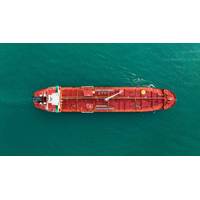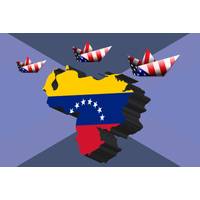Draft document shows that heavy industries will get a price reduction on electricity under the new EU regulations
A draft of the new EU rules on state aid, which are due to be published by the European Commission on Wednesday, revealed that heavy industries would receive a temporary reduction in electricity prices. This is despite criticisms from companies about high energy costs and restrictive green regulations.
Eurometaux, a group of metals industry professionals, sent a warning to Ursula von der Leyen at the beginning of this month. The letter warned that the sector was losing its competitiveness in comparison with U.S. competitors and Chinese counterparts.
The new rules, which are part of the Clean Industrial Deal by the Commission to revive Europe's failing industries, would allow companies to receive electricity price reductions for up to 3 years. However, this relief could not extend beyond December 31, 2030.
The draft said that until the decarbonisation in the Union's electric system is fully translated into lower prices for electricity, industries in the Union will face higher costs than competitors from jurisdictions with a less ambitious climate policy.
This situation presents particular challenges to sectors heavily dependent on electricity and exposed to international trade.
Documents show that the relief does not exceed 50% of the average annual wholesale price or the company's electricity consumption.
Energy-intensive industries must also make investments with a portion of the state assistance that "contributes to the green transformation".
The member states can choose the maximum amount of state aid. However, they need to get approval from the Commission if their funding gap is greater than 200 million euros (232.4 million dollars), or 10% of a project's budget.
Solar, wind, hydrogen and other renewable energy sources, as well as low-carbon nuclear power plants, could all benefit from the new rules.
The document stated that "the Commission will assess state aid cases in a timely manner for nuclear supply chains, technologies and small modular reactors."
(source: Reuters)



